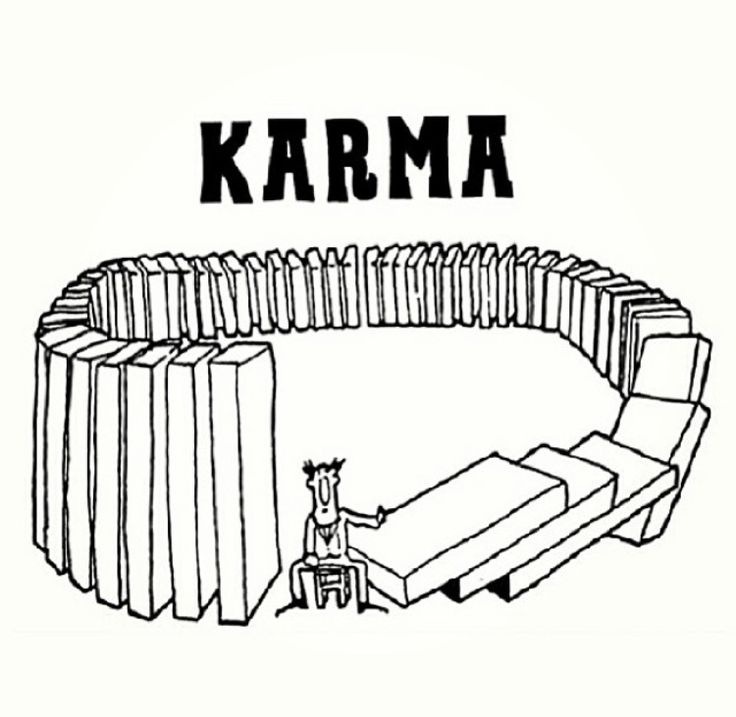
Be not deceived; God is not mocked: for whatsoever a man soweth, that shall he also reap. That single verse, echoed by Paul, conveys the heart of what many in the East call karma—but within Behind The Torn Veil, the author urges us to look again. To ask: is this merely a passing moral warning, or does it point to an underlying spiritual law—deep, just, and constant? From the opening pages, Behind The Torn Veil questions the justice of believing in a single lifetime. “Some transgressions are so terrible,” the author writes, “that a person who commits them needs more than one life or incarnation to make up for them.” This idea forms the bedrock of what he calls the law of cause and effect—a divine structure that ensures everyone reaps exactly what they sow, no matter how long it takes.
We see this law unfold not only through Paul’s words but through God’s words themselves. In Exodus 20:5, it is written: “For I the LORD thy God am a jealous God, visiting the iniquity of the fathers upon the children unto the third and fourth generation.” At first glance, this sounds harsh—even unjust. Why should children suffer for their father’s wrongdoing? But the author challenges this literal interpretation. “If we understand the word ‘father’ to imply a person’s previous generation or incarnation,” he writes, “we can see that God is truly just. For what they sow, they shall surely reap.” This interpretation transforms the verse from a statement of cruelty to one of cosmic justice. If the “father” is a past self, then what God visits upon the “children” is not punishment, but consequence. The author explains, “Each incarnation before the present one can be counted as one forefather.” And that is the core of the law of cause and effect—actions set in motion return not by chance, but with purpose.
This law is no side note in Behind The Torn Veil. It is everywhere in the text and the scriptures it cites. Romans 2:12–15 becomes another pillar: “For not the hearers of the law are just before God, but the doers of the law shall be justified.” The message is clear: belief alone is not enough. One must act—and those actions ripple forward. As Paul continues, “their conscience also bearing witness, and their thoughts the meanwhile accusing or else excusing one another.” This is the inner echo of cause and effect. We carry not just our deeds, but the seeds they plant within our spirit. Nowhere is this more powerfully illustrated than in the vengeance of Jezebel. In a past incarnation, Elijah kills Jezebel’s prophets. She promises revenge. And centuries later, as Herodias, she delivers it—by demanding the head of John the Baptist, Elijah reborn. The author reflects, “By to morrow,” in Jezebel’s threat, “means in the future, but not necessarily the next day.” Her words echoed across lifetimes, fulfilled “about this time”—a karmic debt repaid in full.
The author does not just present these examples; he connects them with masterful wisdom. “Paul must have known the law of cause and effect thoroughly to write these verses.” Verses like Romans 12:9—“Let love be without dissimulation. Abhor that which is evil; cleave to that which is good.” The very definition of this law is doing good not for reward, but because the law demands it. Because the soul remembers, even when the body forgets. This is why Behind The Torn Veil insists that the law of cause and effect is not a punishment but a teacher. It is, as Paul said in Galatians 3:24, “our schoolmaster to bring us unto Christ.” The author clarifies: “It does not mean the law does not exist anymore… it only means in that circumstance the law does not apply to her.” He compares it to a wife no longer bound by marriage law once her husband dies—showing that laws remain, even when circumstances shift.
So how does one rise above the constant cycle of sowing and reaping? The answer, as always, is love. The author quotes Romans 13:10: “Love worketh no ill to his neighbour: therefore love is the fulfilling of the law.” To love is not just to feel—it is to act in harmony with divine justice. The soul that acts in love creates no karmic chain to be broken. It walks freely. Even in Psalms 19:7, the law is praised: “The law of the LORD is perfect, converting the soul.” Notice—it is not the law that converts the mind or the body. It converts the soul. A soul shaped by consequence and guided by truth is a soul transformed.
To ignore the law of cause and effect is to believe in a God who allows chaos, unfairness, and chance to rule. But Behind The Torn Veil argues for a different God—one who is so just, so balanced, that nothing we do goes unanswered. The truth of karma, redefined in Christian terms, becomes not an Eastern idea, but a divine reality—one that was there all along, waiting to be seen.
Have a question, want to share your thoughts on the book, or need to contact the author directly? Reach out via email.
© Copyright 2025 ITOTKO. All Rights Reserved